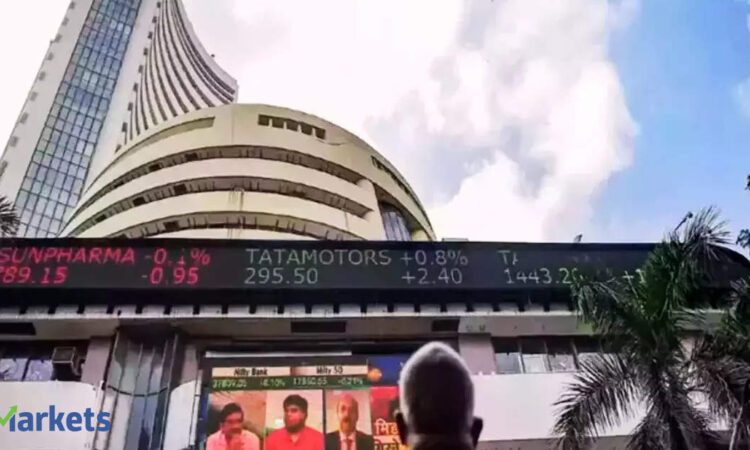
Additionally, the Multi-Commodity Exchange (MCX) will also remain open for both the morning and evening sessions.
For the remainder of 2024, markets will be closed on Mahatma Gandhi Jayanti (October 2), Diwali (November 1), Gurunanak Jayanti (November 15), and Christmas (December 25). The exchanges may issue separate circulars if there are any changes to the holiday schedule.
This week, Indian stock indices Sensex and Nifty surged by 0.7-1%, marking their seventh consecutive session of gains on Friday, reportedly the longest rally in 2024.
On Friday, the S&P BSE Sensex ended at 81,086.21, up by 33.02 points or 0.04%, while the broader Nifty closed at 24,823.15, gaining 11.65 points or 0.05%.Global markets also surged on Friday following dovish remarks from U.S. Federal Reserve Chair Jerome Powell, which solidified expectations of a rate cut in September. Speaking at the Jackson Hole Economic Symposium, Powell stated, “The time has come” to lower the Fed funds target rate, adding that “the upside risks of inflation have diminished.””We do not see or welcome further weakening in labor market conditions,” Powell noted, all but guaranteeing a rate cut at next month’s policy meeting, which would be the first in over four years.Meanwhile, Foreign institutional investors (FIIs) have so far sold stocks worth Rs 28,671 crore through the exchanges in August but have been net buyers for Rs 12,367 crore through the primary market, leading to a total net sell-off of Rs 16,304 crore, according to NSDL data.
“The logic behind this divergent trend of selling through the exchange and buying through the primary market is the difference in valuations i.e, lower valuations in the primary market and high valuations in the secondary market,” said Dr. V K Vijayakumar, Chief Investment Strategist, Geojit Financial Services.
(Disclaimer: Recommendations, suggestions, views and opinions given by the experts are their own. These do not represent the views of the Economic Times)
